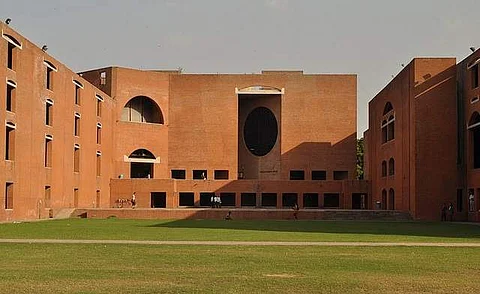

The Union Ministry of Health and Family Welfare has enlisted the Indian Institute of Management (IIM) Ahmedabad to assess and propose reforms for the National Medical Commission (NMC), as reported by the Medical Dialogues.
The move comes amid concerns over administrative inefficiencies and governance gaps within the apex medical education regulatory body.
A senior faculty member from IIM Ahmedabad interacted with all four autonomous boards of the NMC — the Undergraduate Medical Education Board (UGMEB), Postgraduate Medical Education Board (PGMEB), Ethics and Medical Registration Board (EMRB), and the Medical Assessment and Rating Board (MARB) — to evaluate their operations and challenges. A report outlining potential reforms has since been prepared.
According to Medical Dialogues, one of the key proposals under consideration is appointing dedicated secretaries for each board to streamline operations and improve communication.
“A committee has been constituted by the government, and they invited IIM-A to study the gaps in the functioning of the NMC. Some major improvements may be seen in the NMC structure, and certain changes may also be seen in the NMC Act,” a government official told Mint on condition of anonymity.
The lack of personnel has been a persistent issue within the NMC. A Right To Information (RTI) response recently revealed that, apart from the Chairperson and the President of the PG Medical Education Board, all key positions remain vacant. Efforts to fill these vacancies are reportedly underway.
While the Health Ministry has not officially commented, a second official stated that IIM Ahmedabad’s assessment also highlighted concerns over manpower shortages and political interference. Another former NMC official confirmed that the faculty member spent two to three days gathering inputs from the boards.
The Union Health Minister, JP Nadda, has since assured that the recruitment process for NMC vacancies is progressing. However, the proposed reforms — including the appointment of secretaries — remain under government review.
